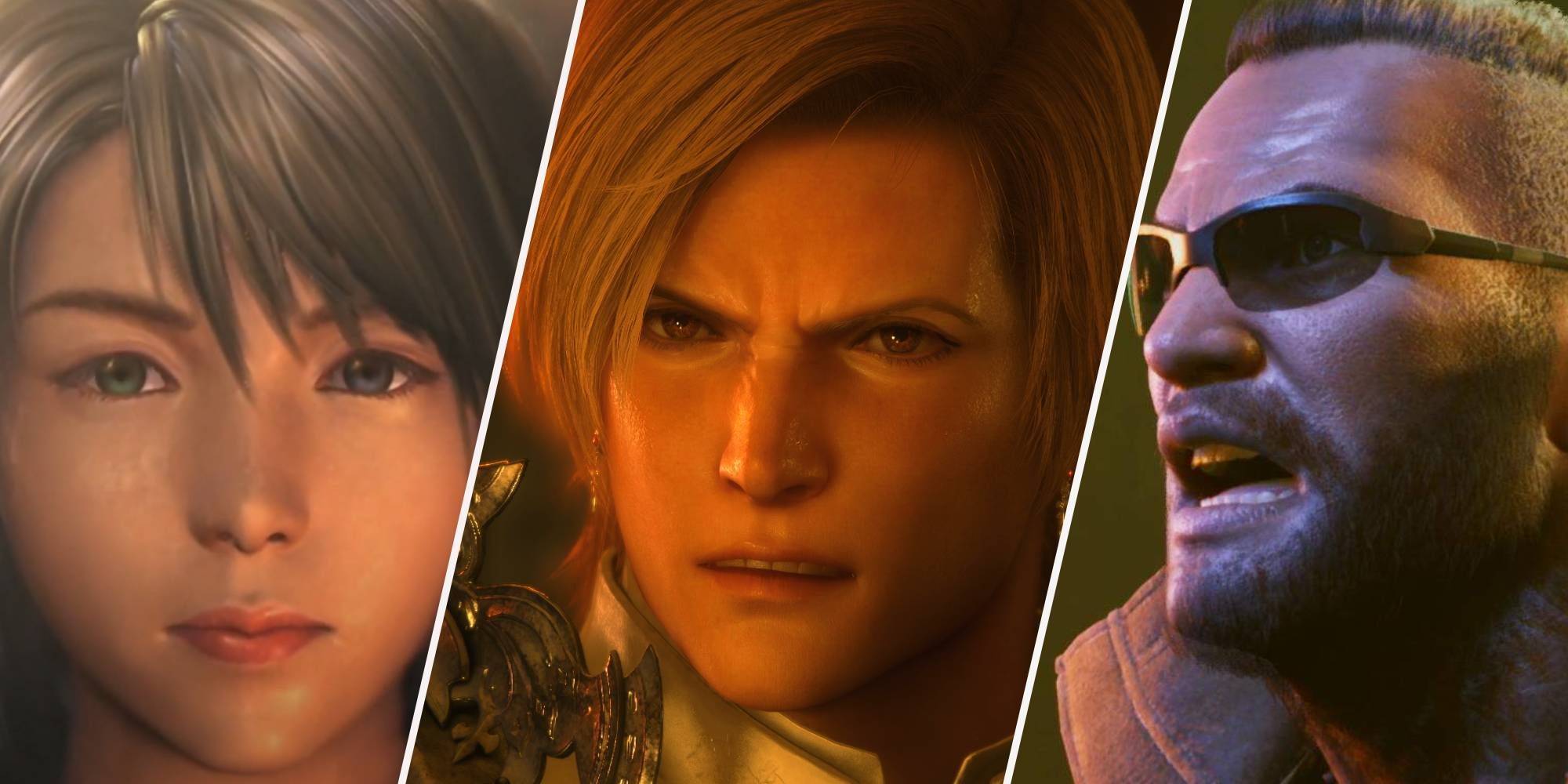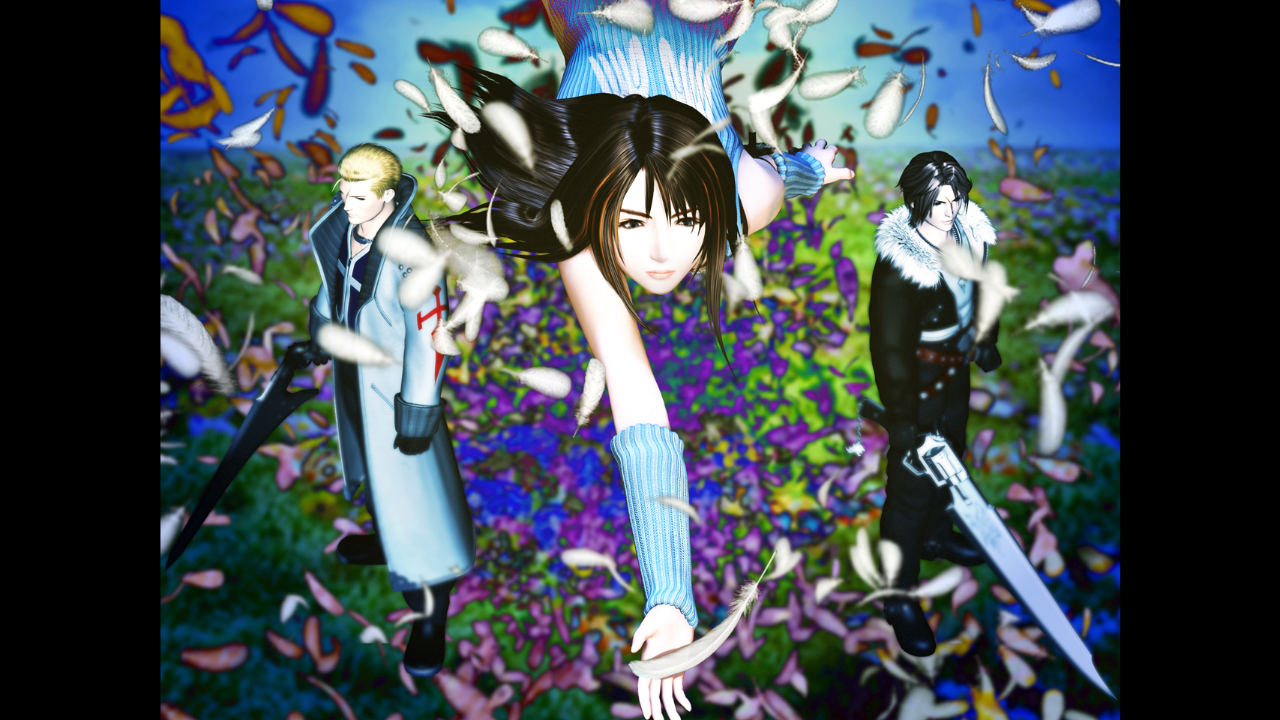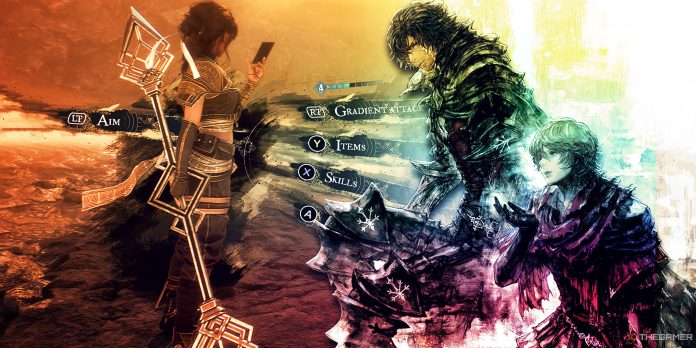Final Fantasy is one of the few names in video games that has been around for decades and still commands an unparalleled following. Ever since the initial entry for the NES in 1987, the series has strived to innovate and evolve with each new entry. It quickly became the jewel of Squaresoft’s crown, a mark of quality that saw Japanese role-playing games take the global market by storm and spawn dozens of worthwhile copycats.
Alongside Dragon Quest, it’s one of the original JRPGs with a lineage that spans decades, a selection of classic titles and ambitious spin-offs which have become a culture all their own. But with this reputation comes expectations, and a general idea of what Final Fantasy should be. How it should be turn-based, take place within a certain setting, or strive to build on all that’s come before. Fans of this series are incredibly fickle, and I doubt that is going to change.
And in recent months, we’ve seen another debate surface – should Final Fantasy go back to turn-based combat?
Final Fantasy Doesn’t Need Turn-Based Combat To Survive
Clair Obscur: Expedition 33 is a masterpiece, and to many, it was the sort of game they have wanted modern Final Fantasy to be for a very long time. It sports a stellar cast of characters alongside a narrative hook that takes hold and never lets go. Like Final Fantasy games from yesteryear, it introduces you to its heroes, their core motivations, and then allows you to step forward into a grand adventure filled with incredible highs and devastating lows.
To me, it felt like a modern interpretation of Final Fantasy 10 with a similarly paced campaign in which you learn more about each character throughout the campaign as they go through a nuanced arc that folds into the overarching narrative. Its locales are just as linear, yet also filled with secrets to discover and optional quests to embark upon. Despite being vast and layered with ambition, it’s hard to argue that Clair Obscur: Expedition 33 ever wants to waste time.

Sandfall Interactive created this game with an unmistakable reverence for JRPGs of the time the devs grew up in, using countless classics as a blueprint for a game that stays true to the genre’s iconic hallmarks while pushing it in exciting new directions. When it comes to combat, it is turn-based, much like Persona or Final Fantasy, yet it vastly improves the pace by forcing players to consistently parry attacks in order to survive. It’s faster and much more involved than Square Enix’s turn-based affairs, and thus, many believe it’s the perfect way for it to return to these roots and do them better than anyone else. But is this really a good idea?

Related
The 12 Best Final Fantasy Games On PS5
Most mainline Final Fantasy titles are playable on PlayStation 5, but we’re daring to separate the best from the rest.
I’m not so sure, and any Final Fantasy would be a weaker experience by directly copying a game like this. One of the reasons I adore this series so much is because of its willingness to evolve, even if certain changes in creative direction aren’t to our tastes. At the very least, they are memorable, ambitious, and willing to make us take risks as players. You only need to look back on its tumultuous history to recognise this, and I hope its future is paved with a similar pursuit of the unpredictable. Let’s take a brief step back in time so you can see what I mean.
Square Enix Isn’t Afraid To Experiment With Final Fantasy

Even when Final Fantasy was a purely turn-based affair, it was still defined by its desire to experiment within those confines. Let’s look back at the original PlayStation trilogy of 7, 8, and 9. All of them are critical and commercial successes, yet all of them are so different in spite of combat still taking place within predictable turn-based menus.
Final Fantasy 7, as the first 3D game in the series, wanted to give battles a sense of scale and spectacle, yet also implemented strategy into proceedings with nuanced status effects and Limit Breaks that made you want to prioritise who was in your party and when. You also have materia, summons, and myriad other systems that work in tandem with one another. I also think it remains one of the fastest turn-based entries out there, a quality which transferred over to the hybrid approach taken by Remake and Rebirth.

This isn’t even counting spin-offs like Final Fantasy Tactics, World of Final Fantasy, or several others which would evolve turn-based combat or even abandon it altogether.
Final Fantasy 8 – which I’ve vowed to play through to completion for the first time – is a bit of a black sheep, but that didn’t stop it from being innovative in its own right. This was thanks in part to the Junction System, where, instead of learning abilities outright, you would suck them from enemies or spots in the environment before building up a stockpile. It drastically shook up the pace of combat, and also forced you to learn an entirely new mechanic despite being so similar to 7 on the surface. It was released only a couple of years apart, but not once did that stop Squaresoft from changing the formula when it could have played things safely.
Lastly is Final Fantasy 9, which was intended by Squaresoft to be a love letter to the series’ origins with its high fantasy setting and deeper focus on character development. This would translate over to its slower and more simplistic combat, which was still challenging, but also placed a greater focus on abilities and equipment than previous PS1 titles. All three of these games are masterpieces, and all of them are unpredictably experimental in ways future titles would be. 10, 12, 13, 15, and even 16 are vastly different, but at their core, you can’t help but view them as Final Fantasy titles. They just have that vibe, and whether a decision is made to embrace turn-based combat once again in the future, that isn’t going to change.
I think a desire for turn-based combat once again comes in the wake of Final Fantasy 16, a game which is essentially a character-action experience like Devil May Cry, or Remake and Rebirth, which takes a hybrid approach in which you pause time to execute actions but move around the battlefield in real time. People are nostalgic for the past and want to see it being a part of the future, no matter what form it takes. Just be careful what you wish for.
